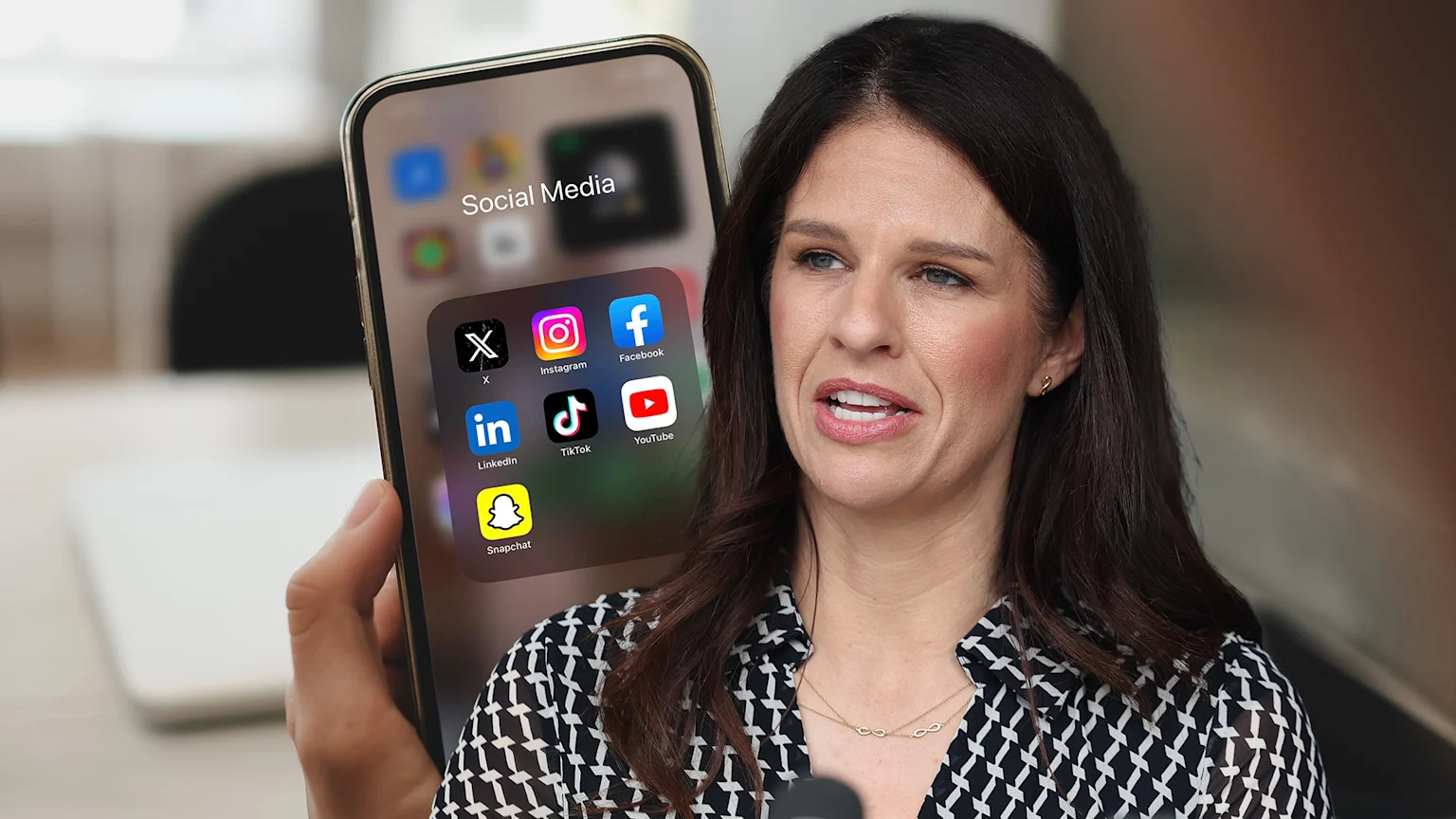Politics
Erica Stanford reveals National's aim for teen social media ban by 2026 Election

Education Minister Erica Stanford has confirmed on the Duncan Garner: Editor-in-Chief podcast that the National Party will legislate their social media ban for under-16s before the next election. The proposal is aimed squarely at tackling what both she and Duncan called a teen screen-time crisis.
"It drives me nuts. I want to cry sometimes, knowing kids are glued to devices all day and night," the National MP responded.
She said the government couldn't ignore what parents face daily. "Parents are losing this battle every single day. We're stepping in where it's clearly hurting our kids."
The planned law would make it illegal for under-16s to have social media accounts on major platforms. Stanford said, "If kids were drinking or gambling in the schoolyard, we’d act. This is no different."
As part of their legislation, tech companies would be forced to introduce strict age verification systems, with penalties for failing to comply. The government is already working with overseas regulators to tighten platform responsibilities. However, Stanford believes that with the accessibility young people have to 'horrendous' content online, "social media companies do not give a damn about our kids."
She visualised that realistically, the rollout for the legislation may be in stages in order to meet Prime Minister Christopher Luxon's challenge to complete it before the 2026 election. But as a parent, she wants to ensure the legislation is "done right", and is keeping an eye on how our neighbour Australia is establishing their own youth social media ban.
"We're in a position where we can be fast followers and look at what other countries have done."
"There's certainly some things in Australia that they have got right and other countries as well. So we'll take a good look around the world, bring it together and then we will be world-leading."
Backing and Backlash
Principals and mental health advocates have applauded the move, linking heavy social media use to bullying, poor sleep, and rising anxiety. Stanford noted feedback from schools post-phone ban: "Teachers tell me kids are talking to each other again, playing on the field. It’s a game changer."
But critics question how enforceable such a law will be, and if parents will be punished if their child sneaks an account. Privacy advocates also warn that mandatory ID checks hand over sensitive data to big tech.
Garner challenged Stanford on whether this opens the door to online censorship, who firmly replied: "This is about safety, not control. We’ve done the phone ban, we’ve seen the benefits. Social media is the next step to keep kids safe."
Catch new episodes of Duncan Garner: Editor In Chief, 7pm every weekday.